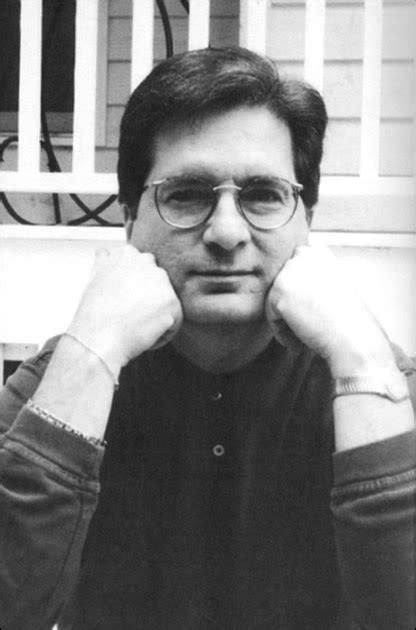A Quote by William Gibson
Science fiction was one of those places, particularly during the McCarthy era, where you could write whatever you wanted because it was beneath contempt. They didn't bother censoring it.
Related Quotes
The portrayal of Senator Joe McCarthy as a wild-eyed demagogue destroying innocent lives is sheer liberal hobgoblinism. Liberals weren't cowering in fear during the McCarthy era. They were systematically undermining the nation's ability to defend itself while waging a bellicose campaign of lies to blacken McCarthy's name. Everything you think you know about McCarthy is a hegemonic lie. Liberals denounced McCarthy because they were afraid of getting caught, so they fought back like animals to hide their own collaboration with a regime as evil as the Nazis.
One of the dangers of science fiction, particularly bad science fiction, is that you have these scenes where the characters turn to a blackboard and start explaining how this faster-than-light drive works, or something like that. We never really have those conversations in real life. That's not part of the way we interact as human beings.
Science fiction is a weird category, because it's the only area of fiction I can think of where the story is not of primary importance. Science fiction tends to be more about the science, or the invention of the fantasy world, or the political allegory. When I left science fiction, I said "They're more interested in planets, and I'm interested in people."
Science fiction is fantasy about issues of science. Science fiction is a subset of fantasy. Fantasy predated it by several millennia. The '30s to the '50s were the golden age of science fiction - this was because, to a large degree, it was at this point that technology and science had exposed its potential without revealing the limitations.
The real origin of science fiction lay in the seventeeth-century novels of exploration in fabulous lands. Therefore Jules Verne's story of travel to the moon is not science fiction because they go by rocket but because of where they go. It would be as much science fiction if they went by rubber band.



































